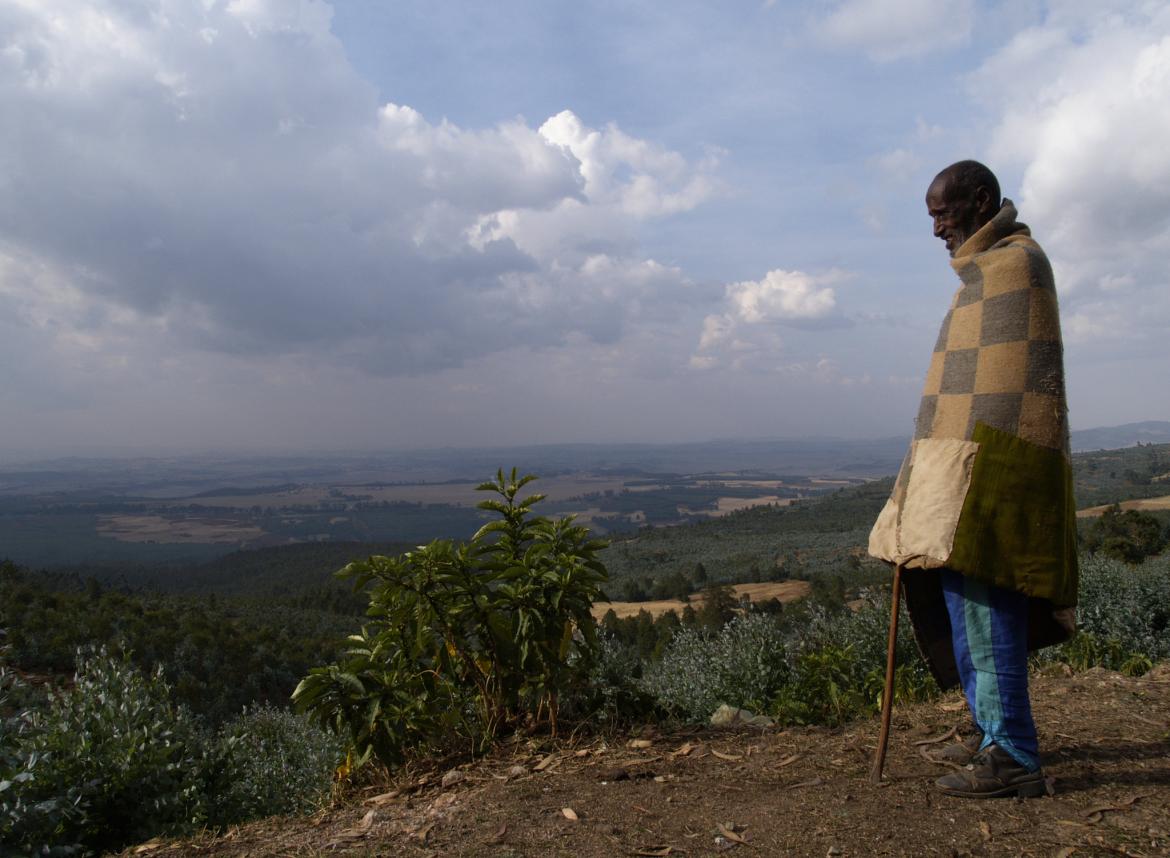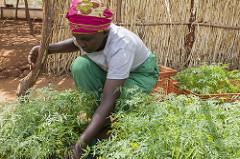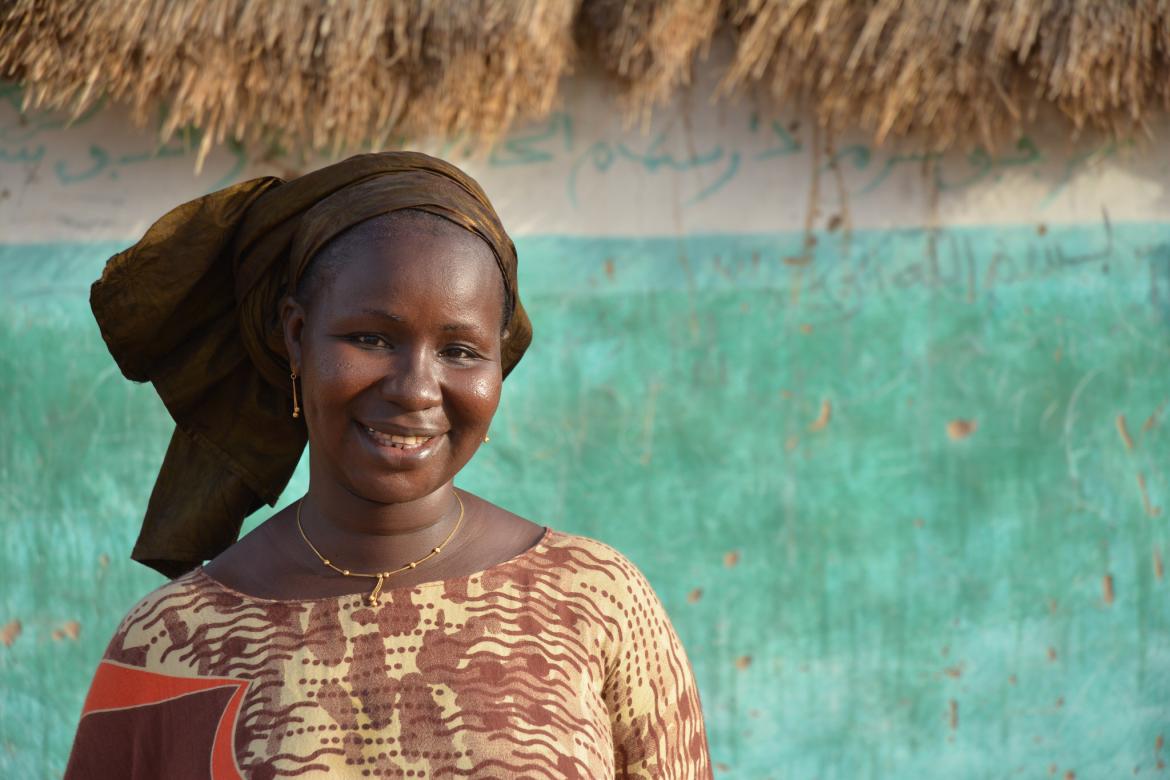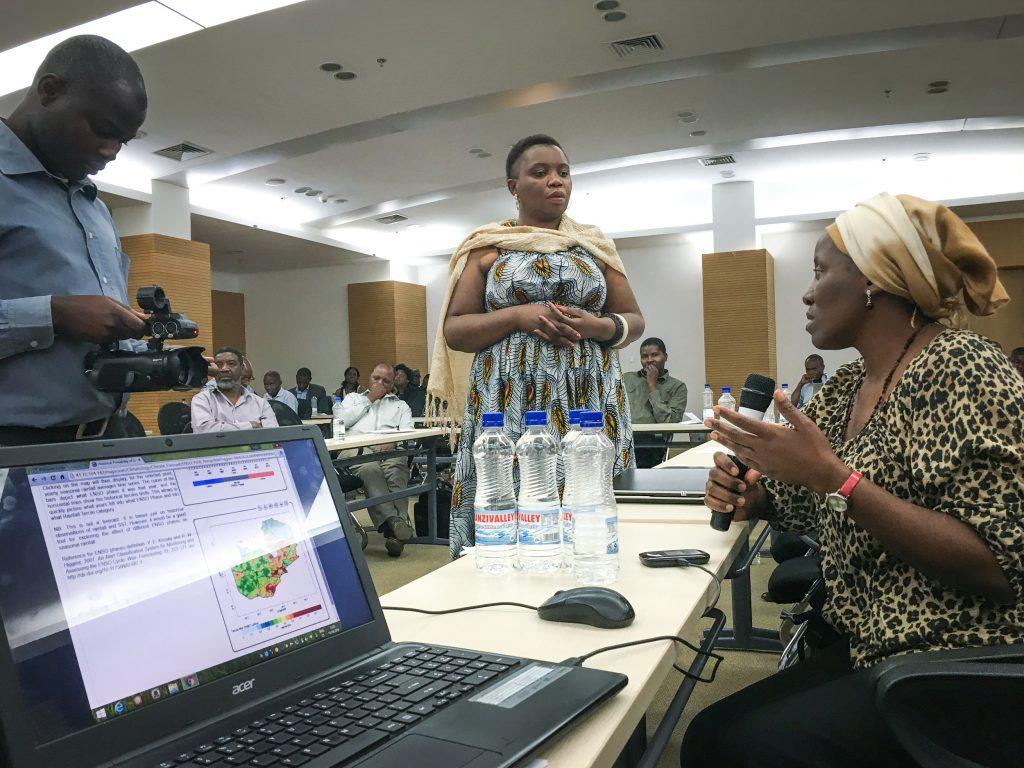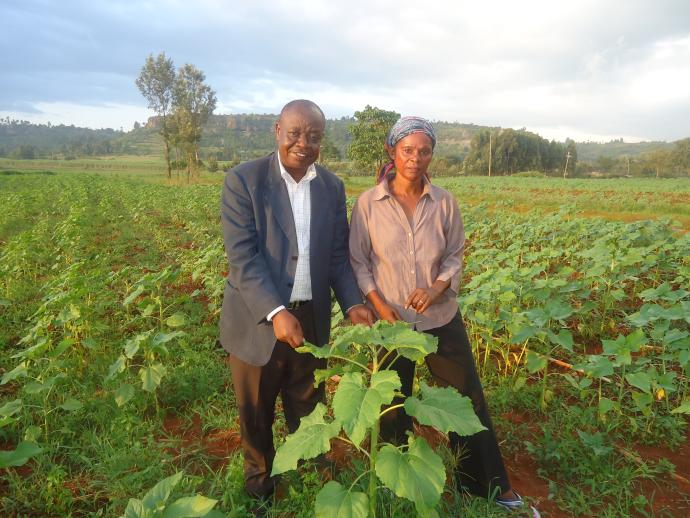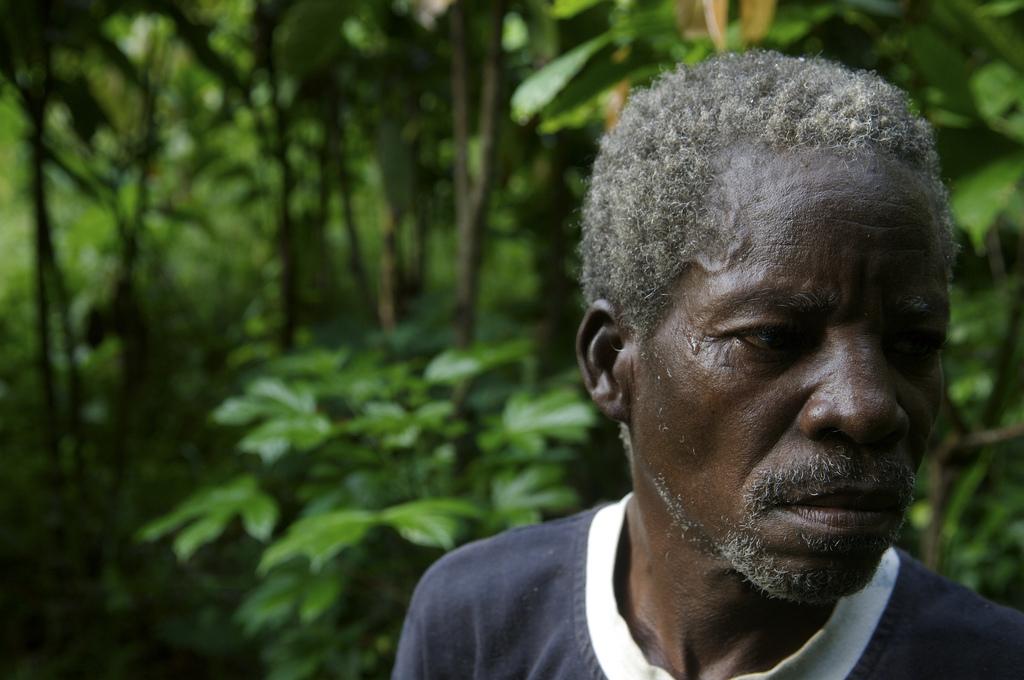
The Ghana Agricultural Insurance Pool (GAIP) has rolled out a scheme that will make insurance for farmers easy to access, Ghana's Graphic Online reports. “The future is bright for agricultural insurance, what we need now is for farmers to embrace it. That is why we are working towards that. Because we have financial institutions who have expressed interest to partner with us and whatever they lend to farmers would have an insurance component, so that in the bad years the farmers would be comfortable and the financial institutions would be comfortable,” said General Manager Alhaji Ali Muhammad

